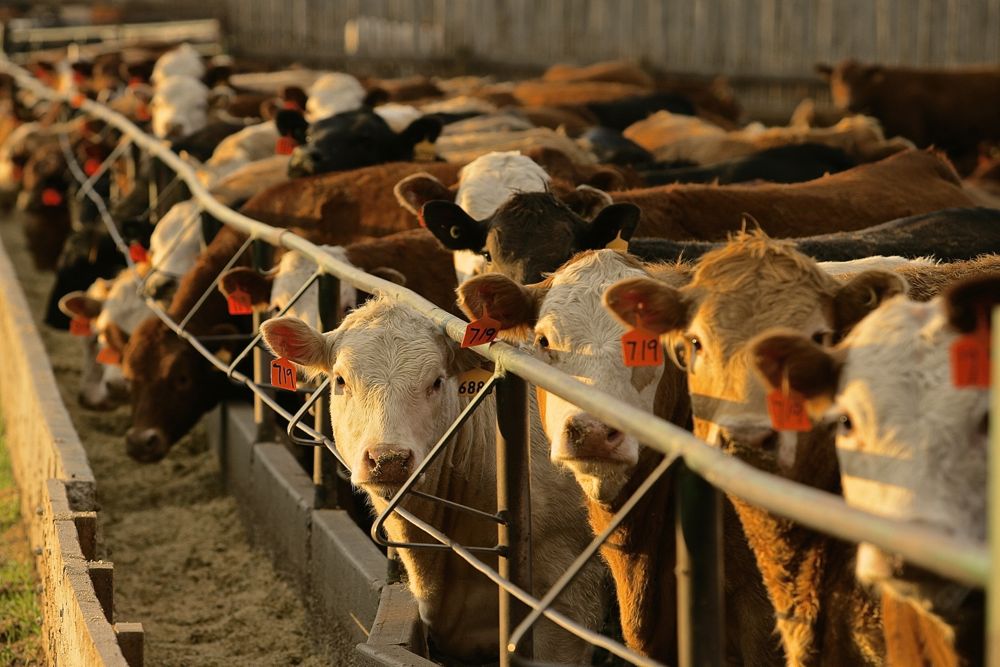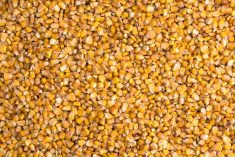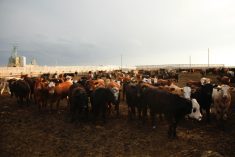Western Canadian feeder cattle markets traded $10-$13 above week-ago levels and in some cases as high as $20. Buying interest exploded early in the week as adverse weather wreaked havoc across the U.S. southern Plains. Demand for replacements continued to intensify as the fed cattle prices surged. Alberta packers experienced strong competition from buyers south of the border. Once the fed market was established, the flood gates flew open and feeder cattle markets swelled.
The fed cattle trade was very active between $194 and $198 with packers looking to pick up cattle within seven to 10 days. Order buyers were overwhelmed with calls, with feedlots shopping aggressively on all weight categories. The market was hard to define, with prices jumping by $4-$5 within a couple hours.
Read Also

Alberta crop conditions improve: report
Varied precipitation and warm temperatures were generally beneficial for crop development across Alberta during the week ended July 8, according to the latest provincial crop report released July 11.
In southern Alberta, lower-flesh medium-frame steers averaging just over 850 lbs. reached up to $217; Charolais-cross heifers averaging around 900 lbs. were quoted at $190. In central Alberta, medium-flesh, medium-frame red steers averaging 900 lbs. traded for $195; larger-frame medium-flesh Simmental-based heifers averaging 850 lbs/ were quoted at $194.
The sharp gains were noted on shorter-keep cattle while calf markets were more stable. Mixed steers averaging around 525 lbs. were trading from $235-$240 across the Prairies; mixed steers averaging 625 lbs. were quoted from $218 to $225. Heifers averaging 600 to 625 lbs. were readily trading from $215 to as high as $219.
Throughout the winter, the futures were trading at a sharp discount to the cash market, causing feedlots to aggressively push cattle forward. The market continued to trend higher, margins improved and feedlots were marketing lighter- and lighter-weight cattle to the point where limited numbers came on offer. The recent adverse rains and snow compounded this environment. This situation has been brewing for some time but we just couldn’t see the forest through the trees.
— Jerry Klassen manages the Canadian office of Swiss-based grain trader GAP SA Grains and Produits Ltd. and is president and founder of Resilient Capital, specializing in proprietary commodity futures trading and market analysis. Jerry consults with feedlots on risk management and writes a weekly cattle market commentary. He can be reached at 204-504-8339.















